Policy turning point
The German government under Chancellor Angela Merkel restricted arms exports to Saudi Arabia in October 2018. This was in response to the murder of journalist Jamal Khashoggi at the Saudi consulate in Istanbul and Saudi Arabia's involvement in the civil war in Yemen.
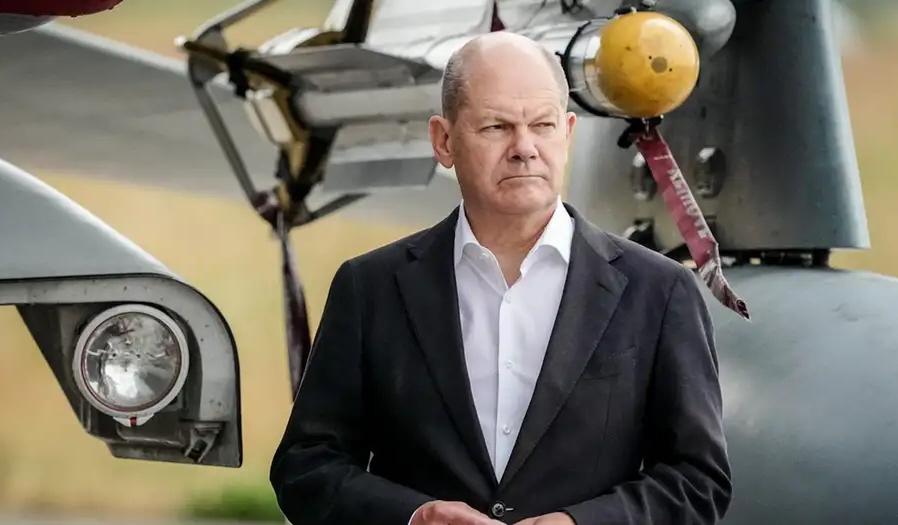
Chancellor Olaf Scholz's government has changed its stance on German arms exports. Photo: DW
But now, just over five years later, the German government led by Chancellor Olaf Scholz is reassessing its relationship with Saudi Arabia. The ruling center-left coalition of the Social Democrats (SPD), the Greens and the neoliberal Free Democrats (FDP) has reconsidered Germany's position on the issue.
The German government reportedly approved the export of 150 IRIS-T air defense missiles to Saudi Arabia at the end of December. Government spokesman Steffen Hebestreit confirmed this on Wednesday, January 10.
Foreign Minister Annalena Baerbock (Green Party) said on January 7 that Saudi Arabia has been making a significant contribution to Israel's security following the Hamas attack on Israel on October 7. "And this helps prevent the risk of conflict spreading throughout the region," she said.
Ms Baerbock also no longer wants to block the sale of European fighter jets to Saudi Arabia. There are already 72 Eurofighters flying under the Saudi royal flag. The UK wants to supply another 48. But this would require the German government’s approval because the Eurofighter, also known as the Typhoon, is a joint project between several European countries, including Germany and the UK.
“The Saudi Arabian Air Force also used the Eurofighter to shoot down Houthi missiles headed towards Israel. And based on all these developments, it is necessary to clarify the German government’s position on the Eurofighter,” German government spokesman Steffen Hebestreit said at a press conference in Berlin on Monday.
Disagreement in alliance agreement
The largest opposition group in the German parliament, the conservative bloc of the Christian Democratic Union (CDU) and the Christian Social Union (CSU), also welcomed the federal government's new course. However, there was also opposition from Green Party lawmakers, who were surprised by Foreign Minister Baerbock's announcement.
“The issue of arms exports has always been a core issue for the Greens,” said Sara Nanni, defense policy spokesperson for the Greens parliamentary group in the German parliament.
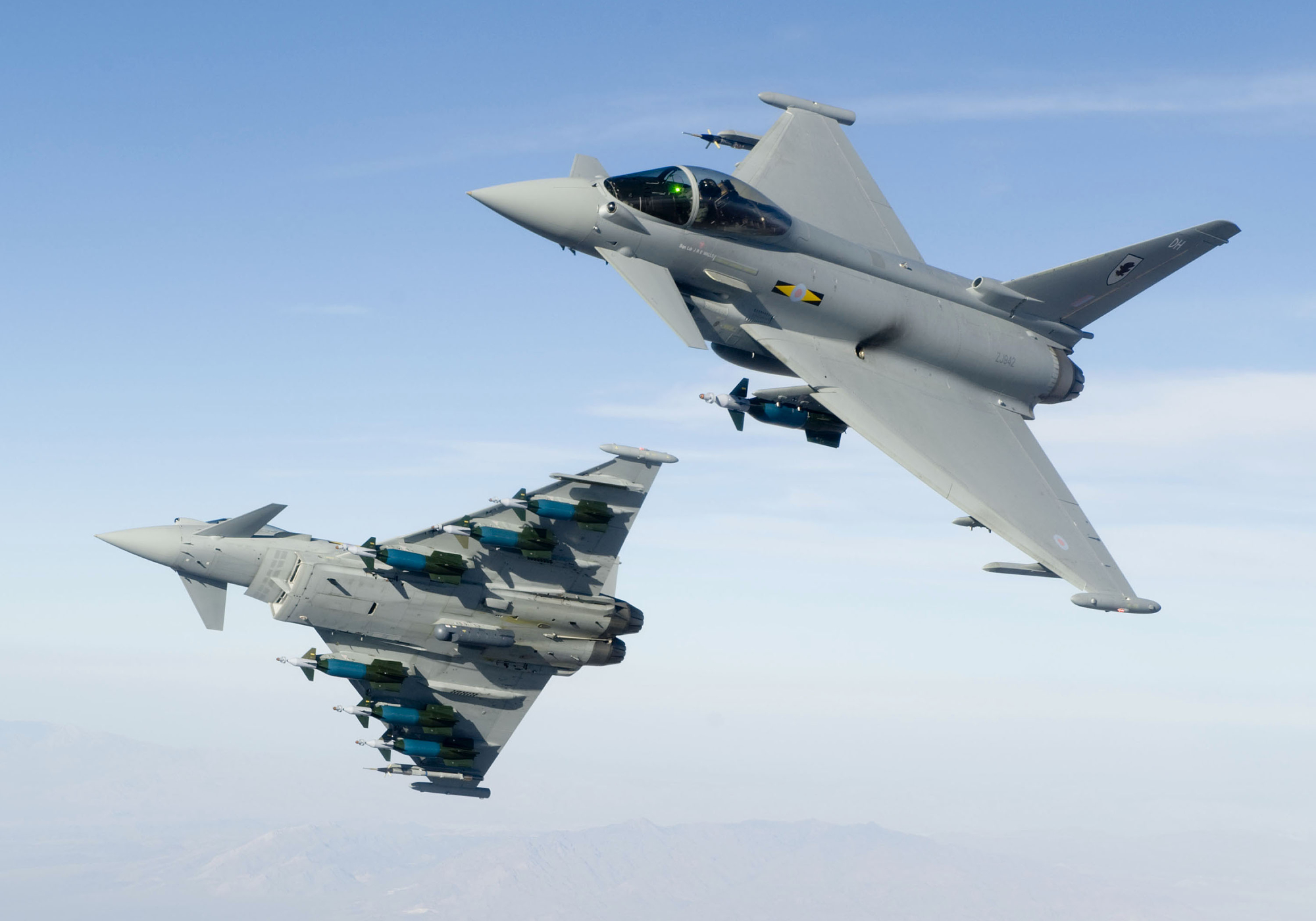
Eurofighter, a famous fighter jet produced by Germany and several European countries, is attracting interest from Saudi Arabia. Photo: JetPhotos
The Greens have their roots in Germany’s peace movement. And their foreign policy is shaped more by moral considerations than geopolitical considerations. The coalition agreement between the SPD, FDP and the Greens from 2021 states that they will not approve the delivery of weapons to any country directly involved in the war in Yemen.
Green Party MP Sara Nanni stood by the decision. Although Saudi Arabia's role in the Yemen conflict has changed slightly, "that is not the reason for me to approve the transfer of Eurofighters," Nanni told DW.
After nine years of war, Saudi Arabia's level of commitment has changed and the country's Crown Prince Mohammed bin Salman has been open about his desire to exit the costly war, raising hopes of imminent peace talks in Yemen.
Saudi Arabia is considered a huge market for military equipment, spending an estimated $75 billion on weapons in 2022 alone.
German hesitation is rooted in history.
Germany ranks fifth in the list of top arms exporters compiled by the Stockholm International Peace Research Institute (SIPRI). However, it is considered reluctant to export equipment to countries outside the NATO alliance. Nazi atrocities during World War II are often cited as the reason for this reluctance.
“It is not only our historical responsibility but also Germany’s understanding of the damage caused by war and violence by aggressors. This is perhaps even more evident here than in other countries,” said MP Sara Nanni.
In joint arms projects like the Eurofighter, this restraint has often been met with displeasure by German partners like the UK, whose government has refused to grant licenses to German companies and even their international partners to sell weapons to Saudi Arabia.
Defense industry representatives have warned that future joint projects, such as building tanks or aircraft, are at risk because potential partners fear German export restrictions.
The German government’s U-turn will now raise hopes of securing new arms deals worth billions of euros. “The end of the German ban is both justified and necessary,” said Matthias Wachter of BDI, an association that promotes core European industries.
“It helps Israel and prevents Germany from being isolated in Europe on arms policy. Europe can only cooperate more on security policy with greater trust, not through a veto,” Mr Wachter added.
Nguyen Khanh
Source
























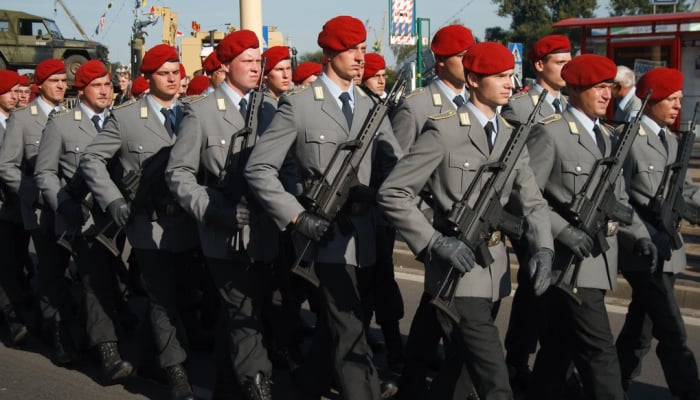

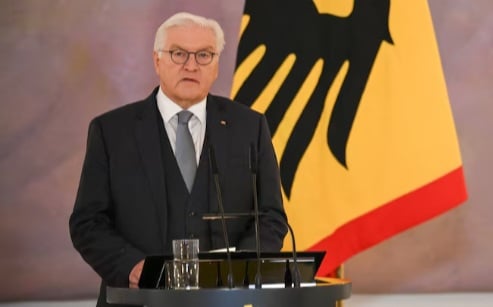

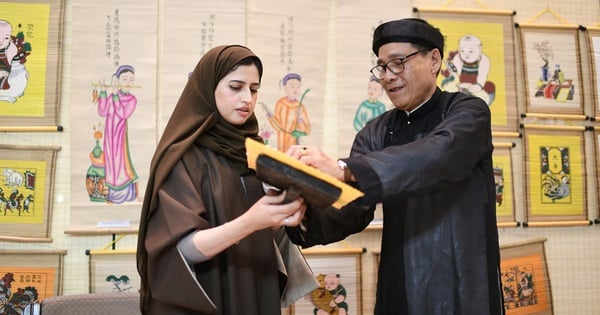



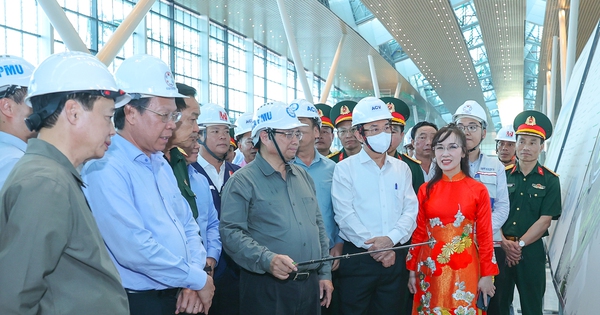






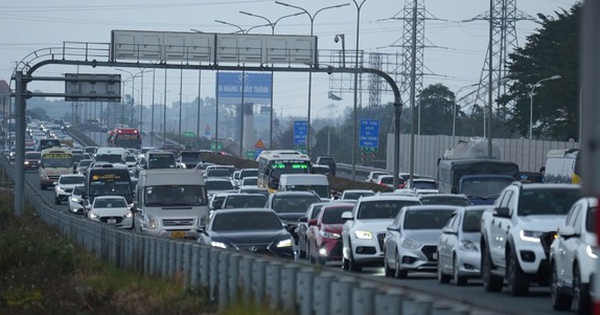








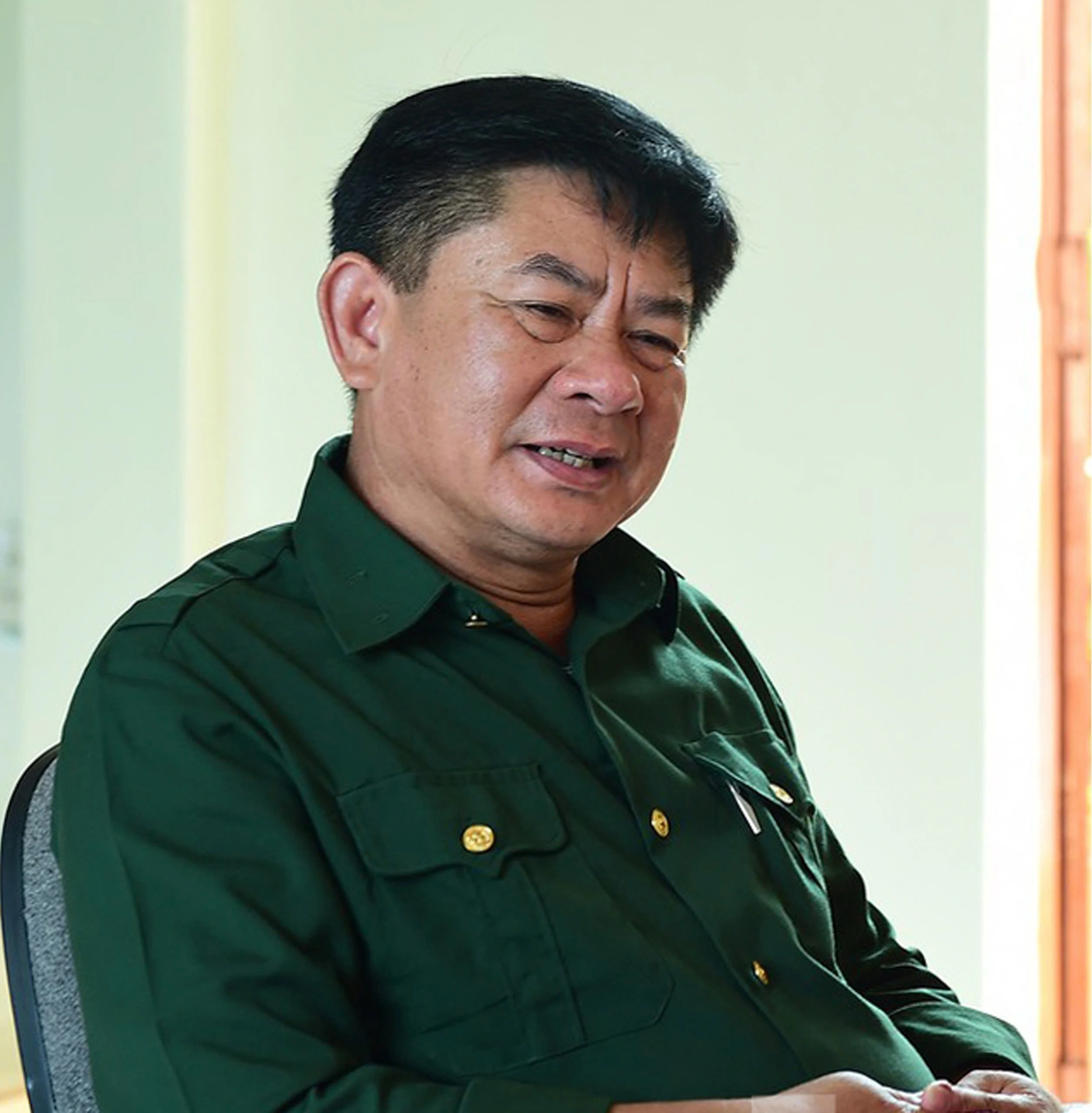









Comment (0)